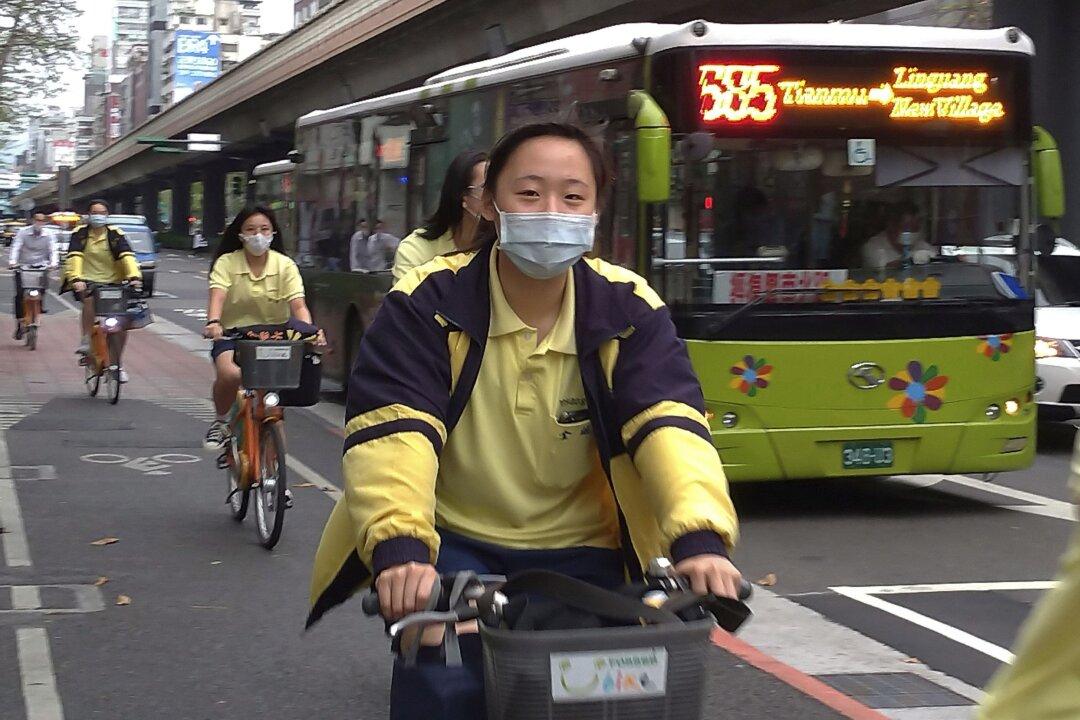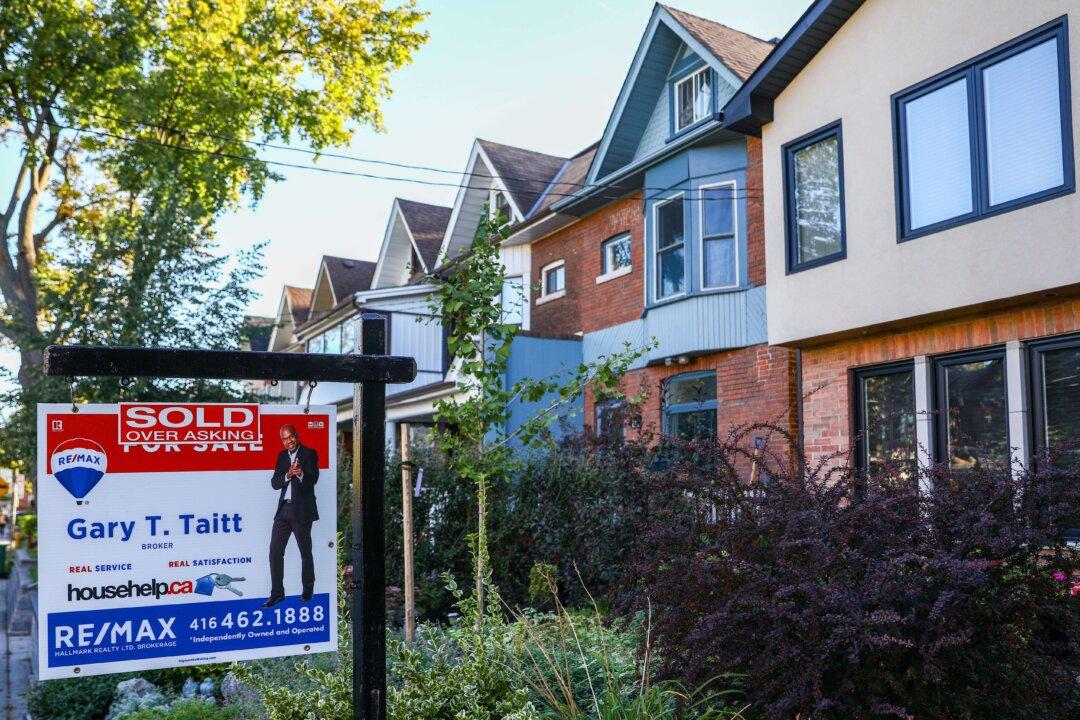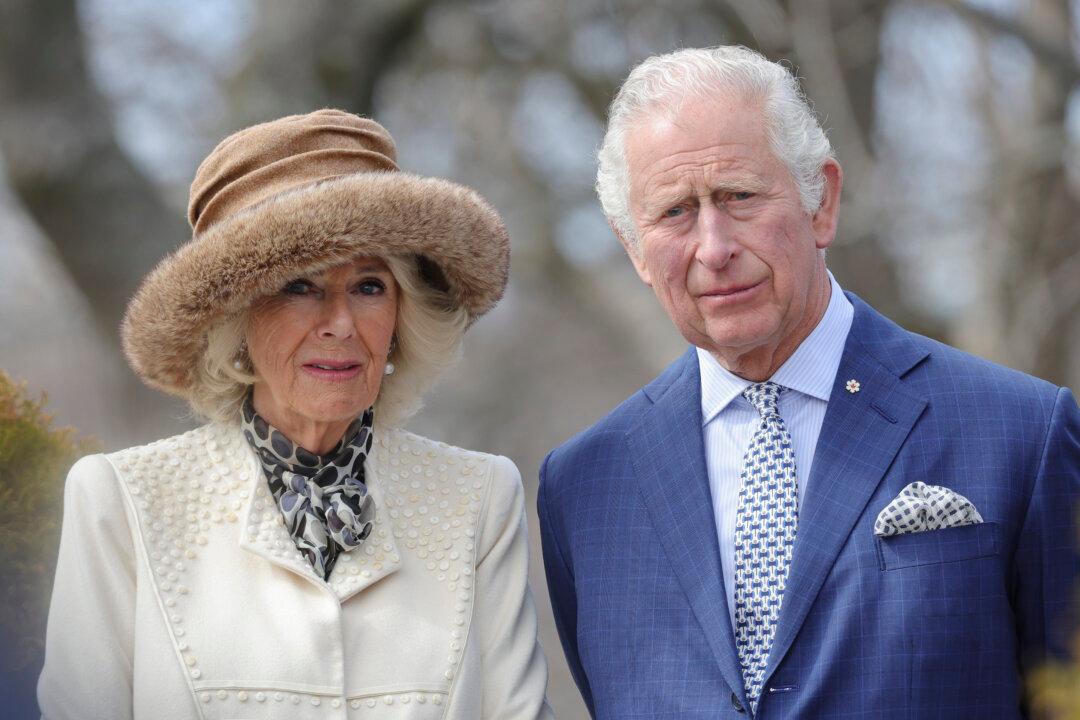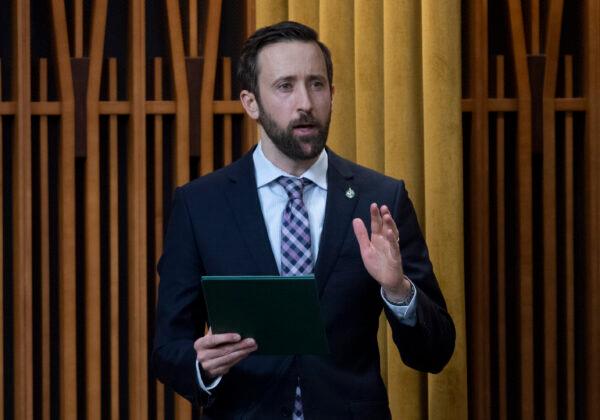As many countries resort to using contact tracing technologies to contain the spread of COVID-19, concerns are being raised about risks to privacy and the willingness of citizens to forfeit civil liberties in the effort to combat the virus.
Mass surveillance through new technologies that use cellphone data to track the location of those infected has particularly raised red flags.





